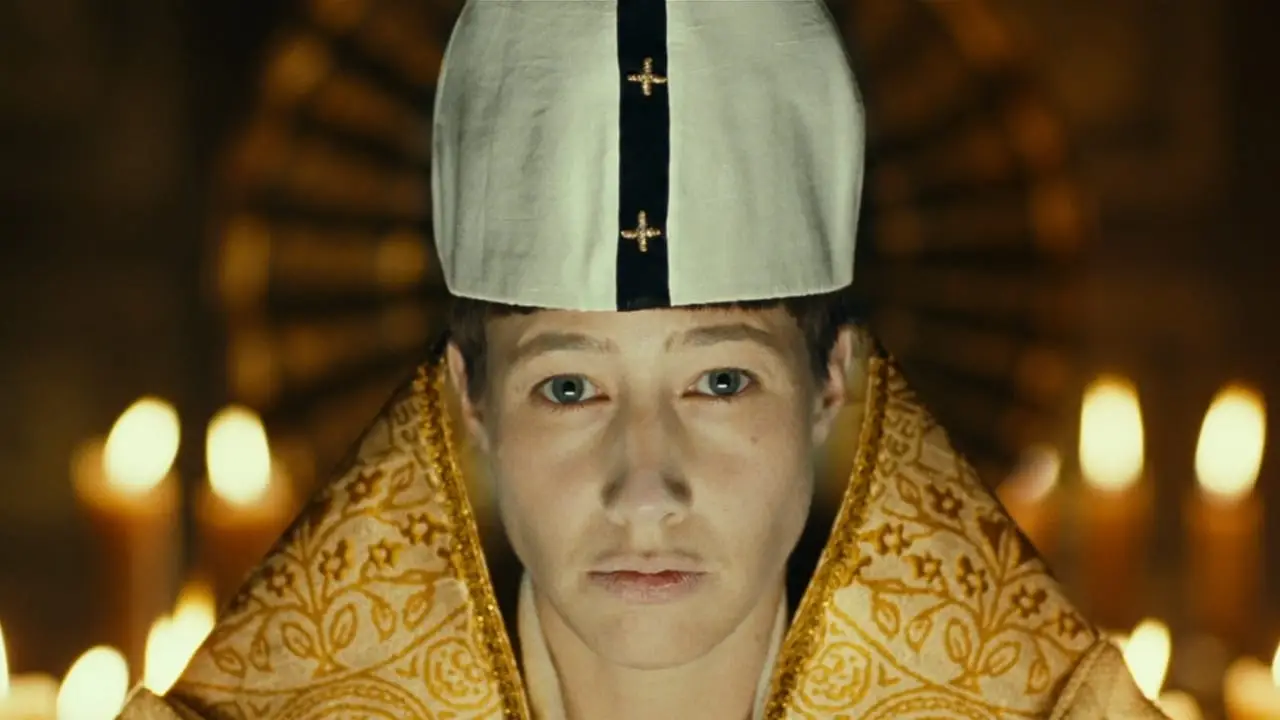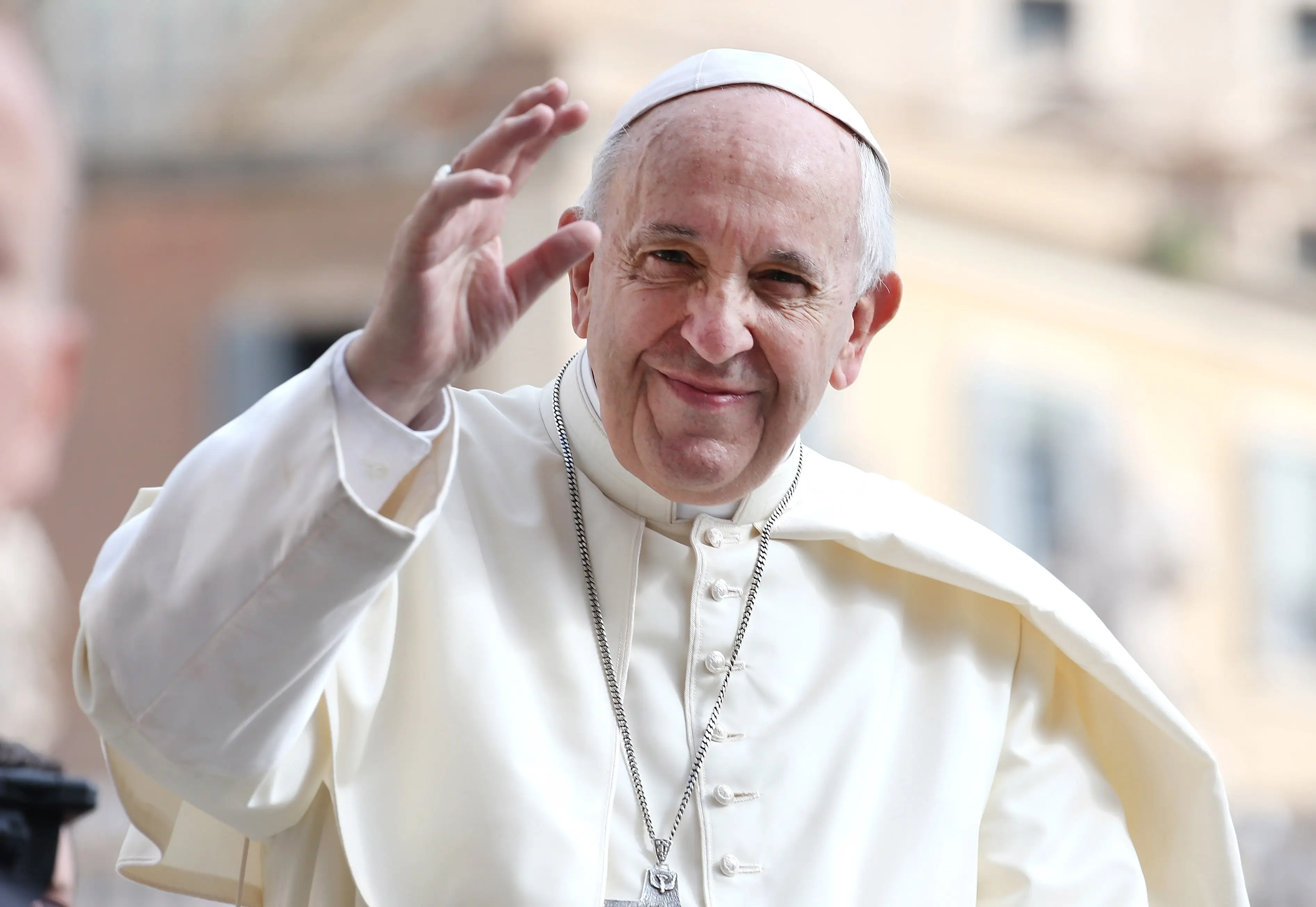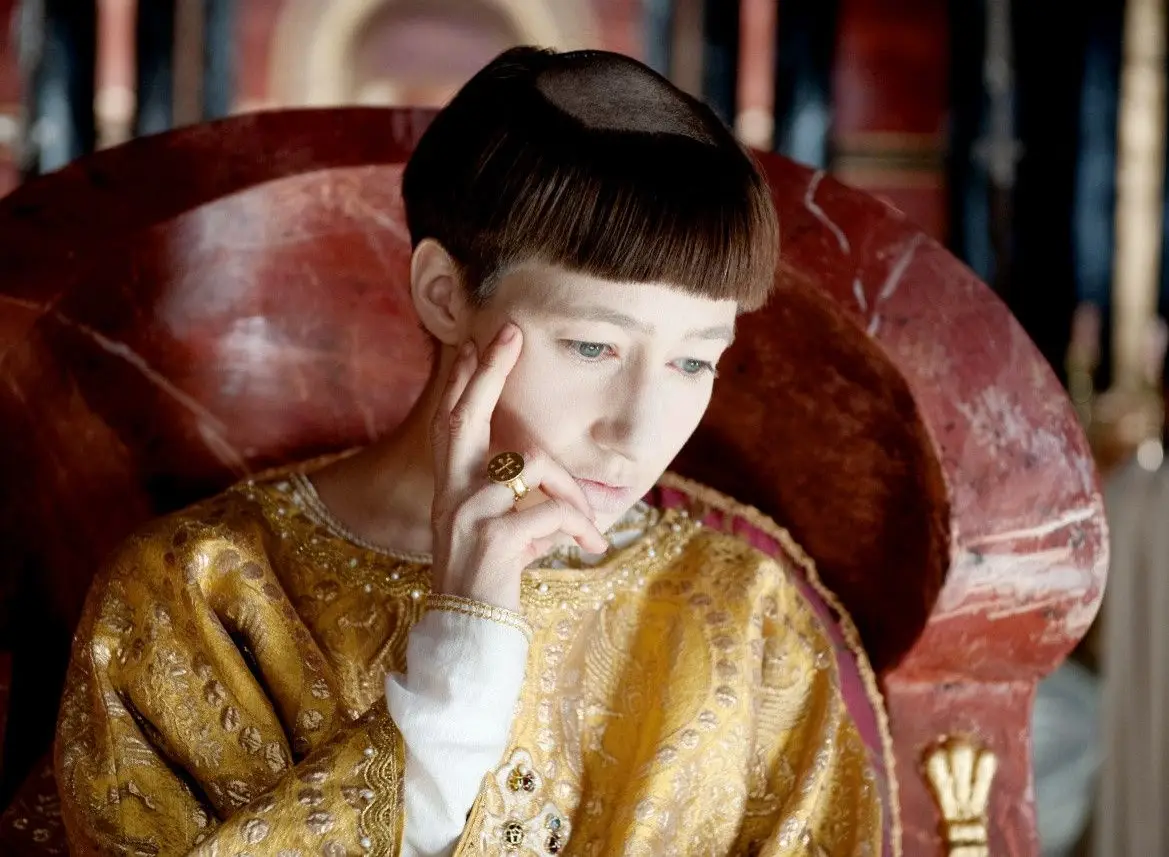
After the passing of Pope Francis earlier this week, many people have been curious to find out who his successor will be – a lengthy election process that sees cardinals vote in a papal conclave, which can often be drawn-out if the required majority isn’t met.
One thing’s for sure, however, and that’s that we won’t be seeing a woman in the top role.
Why can’t a woman be pope?
After all, women are banned from being ordained in the Catholic Church, and by extension are not allowed to become a pope, with Catholic Church catechism arguing that such a decision is bound by the precedent that saw Jesus Christ choose 12 men to be his apostles, and they in turn chose men to continue their ministry.
But you may have heard of a certain Pope Joan, a woman who is thought to have sat as the head of the Catholic Church back in the 9th Century.
Advert
So where does all that fit in to the church’s strict set of rules?

Who was Pope Joan?
For hundreds of years, there have been rumours of a ‘Pope Joan’ - a woman who served as pope while disguised as a man.
She is said to have been pope for three years between AD 855 to 858, under the male pseudonym of John VIII.
According to History Extra, the website for the BBC’s History Magazine, the tale went that Joan was a highly educated woman who concealed her gender to ‘rise through the Church’s ranks’.
Her downfall supposedly came when she gave birth during a procession, giving the game away somewhat.
Pope Joan myth debunked
As with many urban myths, however, it seems the interesting story is too good to be true.
While it was accepted by the church for many years, it wasn’t until the 16th Century that questions started to arise.

Italian friar Onofrio Panvinio claimed Joan may have actually been based on a mistress of 10th-century pope John XII, while Calvinist David Blondel went as far as releasing 1647’s Familiar Enlightenment of the Question: Whether a Woman has been Seated on the Papal Throne in Rome.
These days, scholars tend to dismiss Pope Joan as medieval legend, with The Oxford Dictionary of Popes stating there is ‘no contemporary evidence for a female Pope at any of the dates suggested for her reign'.
Still, she remains something of a feminist symbol, with her tale a stark reminder of the sexist papal rule that many deem outdated.
Topics: Pope Francis